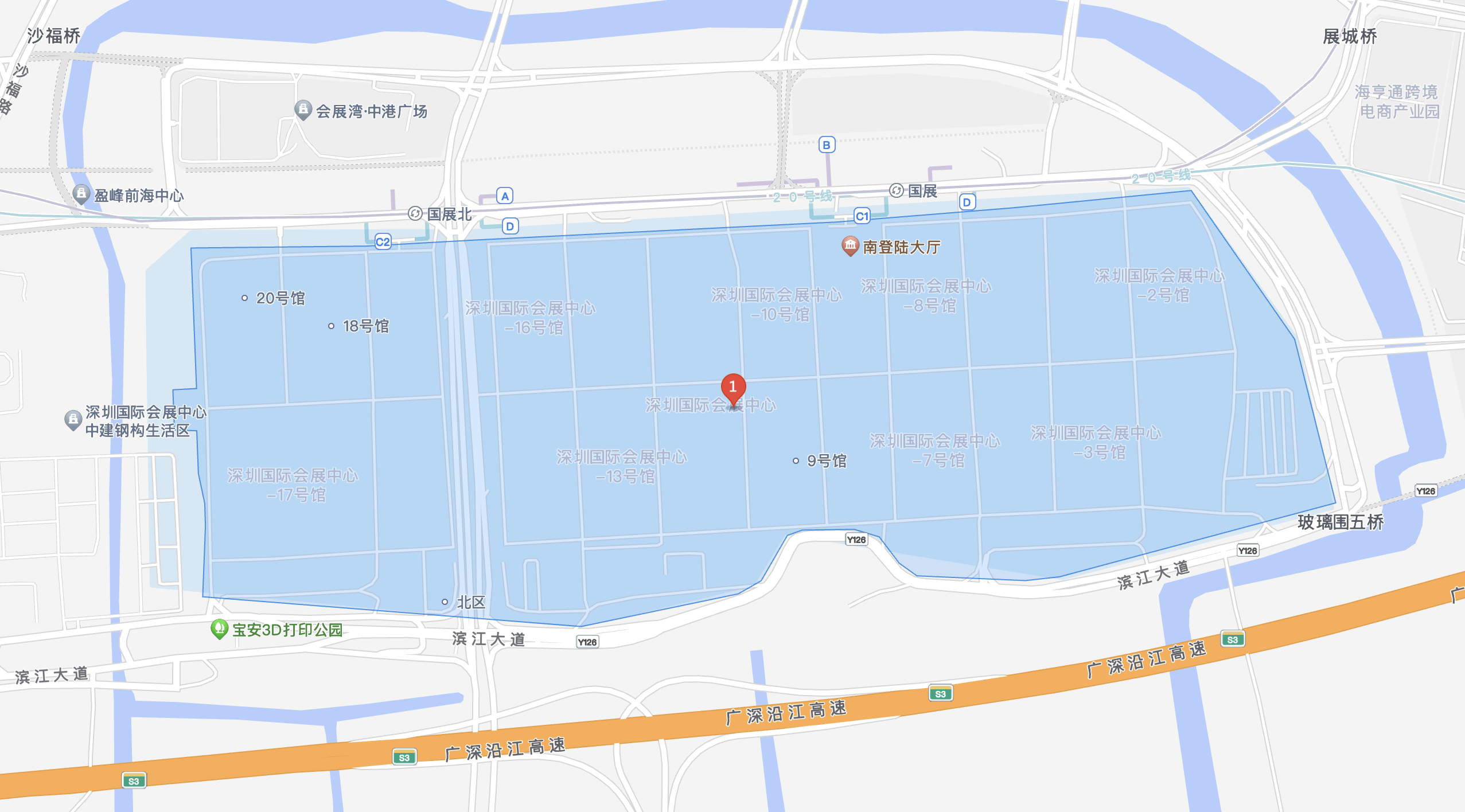In October 2025, retail giant Walmart and global materials science company Avery Dennison entered into a deep partnership to jointly launch a radio frequency identification (RFID) technology solution specifically designed for fresh food. This innovation breaks through the long-standing bottleneck in the application of RFID technology in the fresh food sector, injecting strong momentum into the digital transformation and sustainable development of the food retail industry.
Breakthrough application bottlenecks
For a long time, high humidity and low temperature storage environments (such as refrigerated meat display cases) have been a major obstacle to the application of RFID technology in fresh food tracking. The solution launched through this collaboration successfully overcomes this technical challenge, making comprehensive digital tracking of fresh food categories such as meat, baked goods, and prepared foods a reality. Tags equipped with this technology allow Walmart employees to manage inventory with unprecedented speed and accuracy, monitoring product freshness in real time. This ensures sufficient supply when customers need it and enables more rational pricing strategies based on digital shelf-life information, reducing excess inventory.
From an industry perspective, the implementation of this technology has profound implications. For Walmart, it is a key step in achieving its sustainability goals—Walmart has committed to reducing food waste in its global operations by 50% by 2030. Through automated identification at the product level, the efficiency of fresh food spoilage control is significantly improved, inventory management costs are significantly reduced, and customers can more easily access fresh products, optimizing the shopping experience. Christine Keeve, Vice President of Front-End Transformation at Walmart U.S., stated, “Technology should make life easier for employees and customers. By reducing manual operations, employees can dedicate more time to their core business of serving customers.”
Avery Dennison demonstrated its strong technological innovation capabilities in this collaboration. Through its Optica solutions portfolio, it provides end-to-end visibility and transparency across the food supply chain, from source to store. Recently, it also launched the first RFID tag to receive the Association for Recycling Plastics (APR) “Recyclable Design Certification.” This tag utilizes Avery Dennison’s proprietary CleanFlake adhesive technology, combined with advanced RFID functionality, to easily separate PET plastics during mechanical recycling, solving the pollution problem associated with PET recycling in North America and providing crucial support for the development of circular packaging.
Julie Vargas, Vice President and General Manager of Avery Dennison’s Identification Solutions, emphasized that the collaboration is a commitment to shared responsibility for humanity and the planet—giving each fresh food item a unique digital identity, improving inventory management efficiency, and reducing food waste at its source. Pascal Waterley, Vice President of Global Research and Sustainability at Avery Dennison’s Materials Group, also pointed out that obtaining APR certification marks an important step for the company in promoting sustainable materials transformation. In the future, Avery Dennison will continue to help customers achieve their recycling goals through innovation.

As a leading global company, Avery Dennison operates in retail, logistics, pharmaceuticals, and other sectors, with sales reaching $8.8 billion in 2024 and approximately 35,000 employees in over 50 countries. Walmart, on the other hand, serves approximately 270 million customers weekly through more than 10,750 stores and e-commerce platforms in 19 countries. This collaboration not only sets a benchmark for the food retail industry in combining technology application with sustainable development but also foreshadows the accelerated adoption of RFID technology in the food sector as costs decrease and versatility increase, driving the entire industry towards a smarter, more efficient, and environmentally friendly transformation.
Why does the food industry need RFID?
RFID has broad prospects in the food industry. With increasing consumer focus on food safety and continuous technological advancements, RFID technology will play an increasingly important role in the food industry, for example, in the following aspects:
Improving supply chain efficiency and automating processes: RFID technology can automate data collection and processing, reducing manual data entry and inventory time. For example, in warehouse management, RFID readers can quickly read information on large quantities of goods, enabling rapid inventory checks and increasing warehouse turnover by over 30%.
Optimizing replenishment strategies: By analyzing sales trends and inventory status in RFID tag data, companies can more accurately predict market demand, optimize replenishment strategies, reduce stockout rates, and improve the scientific nature and accuracy of inventory management.
End-to-end traceability, strengthening food safety assurance: RFID technology can record information about food from its production source to the consumer, including key data from each stage of planting, breeding, processing, transportation, and warehousing. In the event of a food safety issue, companies can quickly locate the batch and destination of problematic products using RFID tags, reducing the recall time from several days to within 2 hours.
Anti-counterfeiting: RFID tags are unique and encrypted, making them difficult to copy and forge. This effectively prevents counterfeit and substandard goods from entering the market, protecting consumers' legitimate rights and interests, while also safeguarding the company's brand reputation.
Meeting Regulatory Requirements: With the continuous improvement of global food safety regulations, such as the EU's General Food Regulation, businesses need more effective traceability methods to meet these requirements. RFID technology can provide accurate and detailed food traceability information, helping businesses comply with relevant regulations and assisting them in expanding into international markets.
Enhancing Consumer Trust: Consumers can quickly obtain information such as the production date, origin, and testing reports of food products by scanning the RFID tags on the packaging, enabling transparent access to food information and enhancing their trust in food safety. This can further enhance the brand premium of high-end foods, such as organic agricultural products and imported foods.


















